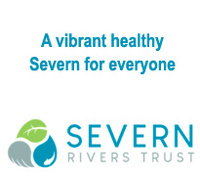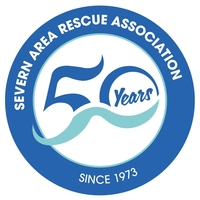


Local Sponsors
-
Wales and South West
Canal & River Trust. Llanthony Warehouse, The Docks, Gloucester. GL1 2EH
The Canal and River Trust's historic canals and rivers provide a local haven for people and nature. We're the new charity entrusted with the care of 2,000 miles of waterways in England and Wales.
-
The Severn Rivers Trust
Unit 3, Hope House Farm Barns, Hope House Lane, Martley. WR6 6QF
An independent environmental charity established to secure the preservation, protection, development and improvement of the rivers, streams, watercourses and water bodies in the Severn catchment.
-
Unlocking the Severn - Canal and River Trust
Diglis Island, Diglis Dock Road, Worcester, WR5 3BS
Unlocking the Severn is a once-in-a-lifetime conservation and river-engagement project. Restoring connectivity on the River Severn will bring major benefits to its wildlife.Restoring 158 miles of river for shad. The project is inspired by one of the UK’s rarest fish. Hundreds of thousands of twaite shad used to migrate up the River Severn to reach their natural spawning grounds. But weirs installed in the mid-19th century blocked this annual migration. Unlocking the Severn will provide fish passage at six barriers on the River Severn and its River Teme tributary. This will restore 158 miles of river habitat and benefit a host of other important fish species including salmon and eel. The Canal and River Trust (lead), Severn Rivers Trust, Environment Agency and Natural England are the partner organizations for delivering this project. Unlocking the Severn is funded by the Heritage Lottery Fund and the EU LIFE Programme, as well as The Waterloo Foundation and the partners.
-
Severn Area Rescue Association
The Lifeboat & Rescue Station, Beachley, Chepstow, Monmouthshire. NP16 7HH
SARA: Saving Lives on and around the Severn for 50 Years, 1973-2023! SARA is a volunteer lifeboat and inland search and rescue charity, with 7 lifeboat and rescue stations along the length of the River Severn. Each year SARA is called out over 100 times. Lifeboats and Water Rescue: Our 5 inshore lifeboats are tasked by HM Coastguard to incidents in and around the Severn Estuary including the tidal lengths of the rivers Wye and Usk. We also operate inland rescue boats and provide inland water rescue, usually supporting the police and other agencies. SARA has 6 Flood Response teams, ready to assist with flooding emergencies throughout the country. These were most recently involved in the intensive River Severn flood relief work in February 2022





